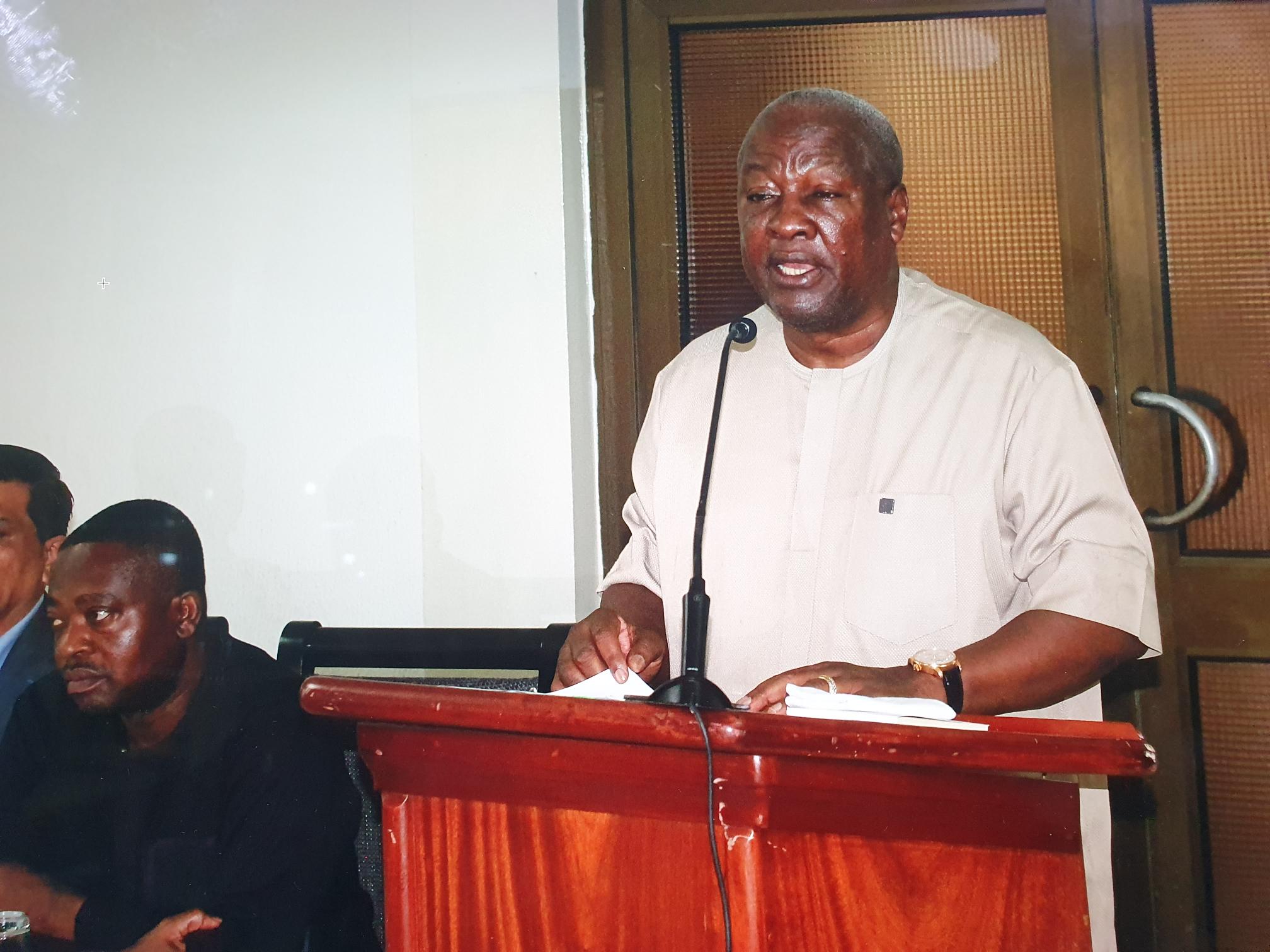
By Seade Caesar
Artificial Intelligence (AI) is rapidly redefining the architecture of modern governance, transforming how governments plan, deliver services, and engage with citizens.
Nowhere is this transformation more evident than in the United Arab Emirates (UAE), which has strategically positioned AI at the core of its national vision and development agenda.
By embedding AI into public sector systems from transportation and healthcare to education and judicial services the UAE is setting a precedent for the world in forward-looking governance.
For African nations, many of which face chronic challenges in institutional capacity, service delivery, and policy implementation, the UAE’s model presents an opportunity to leapfrog traditional development stages.
Rather than reinventing the wheel, African governments can adapt the UAE’s AI-driven governance blueprint to meet their unique social, economic, and political contexts. This article explores how the UAE’s approach offers not only a technological advantage but a governance philosophy that Africa can adopt to accelerate transformation.
The UAE’s Visionary AI Governance Framework
The AI Strategy 2031
In 2017, the UAE launched its National Artificial Intelligence Strategy 2031. The UAE’s Artificial Intelligence Strategy 2031 is a forward-looking national roadmap aimed at positioning the country as a global leader in AI by the next decade. It focuses on enhancing government efficiency, boosting economic performance, and improving the quality of life for citizens through intelligent systems.
The strategy targets priority sectors such as education, energy, transportation, space, and healthcare, integrating AI to drive innovation and productivity. It also emphasizes capacity-building, data infrastructure, and ethical AI governance. By aligning AI development with national objectives, the strategy serves as a cornerstone for the UAE’s transition to a knowledge-based, sustainable economy.
Institutionalization through the Ministry of AI
The creation of the world’s first Ministry of Artificial Intelligence underscores the UAE’s commitment to institutionalizing AI at the highest level of government. The ministry is tasked with drafting policies, setting ethical standards, and coordinating AI deployment across federal agencies.
AI in Government Operations
The UAE has seamlessly integrated AI into daily government operations, transforming how public services are delivered and decisions are made. From AI-powered chatbots in customer service to predictive analytics in urban planning and resource allocation, the government leverages machine learning to increase responsiveness and efficiency. In Dubai, AI is used to manage traffic flow, monitor energy consumption, and enhance public safety. Judicial systems employ AI for case analysis, while customs authorities use it to detect fraud and expedite processing. These applications illustrate how AI improves transparency, reduces human error, and enables real-time governance that is proactive and citizen-centric.
Strategic Outcomes of the UAE Model
Enhanced Efficiency: The UAE has streamlined government operations through AI-powered automation, significantly reducing human error, paperwork, and service delays. Processes like visa issuance, customs clearance, and municipal services are now executed in minutes. This efficiency boosts citizen satisfaction, reduces public sector costs, and increases the agility of state institutions to respond to dynamic needs.
Data-Driven Policymaking: AI allows the UAE government to collect, process, and analyze massive datasets in real time. This empowers decision-makers to anticipate problems, model future scenarios, and implement evidence-based policies. Whether managing urban growth or health outbreaks, policies are increasingly predictive, adaptive, and responsive, improving both effectiveness and public trust in government.
Economic Diversification: By fostering an AI-driven ecosystem, the UAE is moving beyond oil dependence. Investments in AI startups, innovation hubs, and research institutions have stimulated growth in sectors like fintech, logistics, education tech, and healthcare. This shift generates new employment opportunities, attracts foreign investment, and positions the UAE as a global digital economy leader.
Global Competitiveness: The UAE’s commitment to AI has elevated its status on global innovation indices and enhanced its appeal to international investors. Cities like Dubai and Abu Dhabi are emerging as tech hubs, attracting talent and multinational tech firms. This digital sophistication reinforces the UAE’s brand as a forward-looking and competitive global actor.
Why Africa Should Pay Attention
Africa hosts the youngest population globally and is rich in resources, yet faces challenges in governance, infrastructure, and service delivery. Many governments still rely on outdated administrative systems, undermining agility and responsiveness.
AI as a Development Catalyst
AI can revolutionize how African governments:
Predict and respond to public needs: AI enables governments to analyze real-time data from health systems, social services, and mobility trends to forecast citizens’ needs more accurately. Predictive algorithms can identify potential crises such as disease outbreaks or food shortages before they escalate, allowing policymakers to implement pre-emptive solutions and allocate resources more efficiently.
Monitor infrastructure projects: Through machine learning, drones, and computer vision, AI can track the progress, quality, and compliance of infrastructure projects. This promotes transparency and accountability, reduces the risk of corruption, and ensures that public infrastructure roads, schools, hospitals are delivered on time and within budget, directly improving development outcomes across communities.
Manage agriculture and health systems: AI-powered platforms can transform agriculture by predicting weather patterns, detecting crop diseases, and optimizing irrigation. In health, AI assists in diagnosing conditions, managing medical inventories, and forecasting epidemics. These applications enhance food security, reduce healthcare costs, and improve service delivery, especially in rural and underserved areas of Africa.
Improve public financial management and anti-corruption efforts: AI tools can detect anomalies in public spending, track financial transactions, and identify patterns linked to fraud or embezzlement. By automating audits and financial monitoring, AI strengthens public financial management, enhances transparency, and reduces corruption critical for building trust in government and ensuring optimal use of public funds.
Leapfrogging with Digital Innovation
African nations can bypass legacy systems by directly adopting cutting-edge AI technologies. This leapfrogging enables rapid modernization without the costs of outdated infrastructure. Embracing AI-driven governance allows for faster, more inclusive development, enhancing public services, economic planning, and citizen engagement through smart, data-informed, and scalable digital solutions.
The Blueprint: Translating UAE’s Model into African Context
Establish Clear National AI Strategies
African governments must develop comprehensive AI strategies that align with their national development plans. These strategies should define goals, priority sectors, regulatory frameworks, and funding mechanisms. By clearly articulating a vision for AI integration in governance, countries can coordinate stakeholders, attract investment, and ensure sustainable, purpose-driven digital transformation across all sectors.
Create Dedicated AI Institutions
Institutional leadership is key to driving AI innovation. Countries should establish dedicated AI agencies or ministries with the mandate to lead policy, research, and implementation. These institutions would coordinate national AI programs, enforce ethical standards, and bridge the gap between government, academia, and industry to ensure accountability and long-term success.
Invest in Digital Infrastructure and Skills
AI thrives on data, connectivity, and skilled talent. Governments must prioritize investments in broadband infrastructure, cloud storage, and national data centers. Equally important is building human capital through AI education, technical training, and digital literacy programs. A robust infrastructure and talent pool are foundational for any meaningful AI deployment.
Embrace Public-Private Partnerships
Partnerships between governments, local startups, tech giants, and academic institutions are essential to scale AI solutions. African nations can tap into global expertise and financing while fostering local innovation ecosystems. These collaborations can accelerate AI adoption in sectors like agriculture, health, and finance, while reducing the cost of implementation.
Embed AI in Government Operations
Governments must move from pilot projects to full-scale integration of AI into public administration. This includes automating services, using AI for real-time data analytics, and optimizing resource allocation. Embedding AI in daily operations enhances efficiency, reduces corruption, and allows governments to proactively respond to citizen needs and emerging challenges.
Overcoming Challenges and Ethical Concerns
While AI offers immense benefits, its adoption in governance raises significant challenges that African governments must proactively address. Key concerns include data privacy, algorithmic bias, cybersecurity threats, and the risk of widening the digital divide. Without proper safeguards, AI can reinforce existing inequalities or erode public trust.
Therefore, it is essential to establish robust legal and ethical frameworks, ensure inclusive access to digital tools, and promote transparency in algorithmic decision-making. Capacity-building for regulators, civil society engagement, and partnerships with academia can help ensure that AI is used responsibly, equitably, and in alignment with democratic and developmental goals.
Conclusion: A Call to Action
The UAE’s AI-driven governance is not just a technological experiment it is a strategic vision backed by political will, institutional alignment, and long-term planning. Africa’s future lies in its ability to adopt such bold innovations. By drawing on the UAE’s model, African governments can create responsive, transparent, and efficient governance systems that meet the demands of a 21st-century society. If AI is the future of governance, then the future must begin now in Africa.
Seade is the Executive Director,Africa Global Policy and Advisory Institute
The post The UAE’s AI-driven governance: A strategic blueprint for African governments appeared first on The Business & Financial Times.
Read Full Story















Facebook
Twitter
Pinterest
Instagram
Google+
YouTube
LinkedIn
RSS